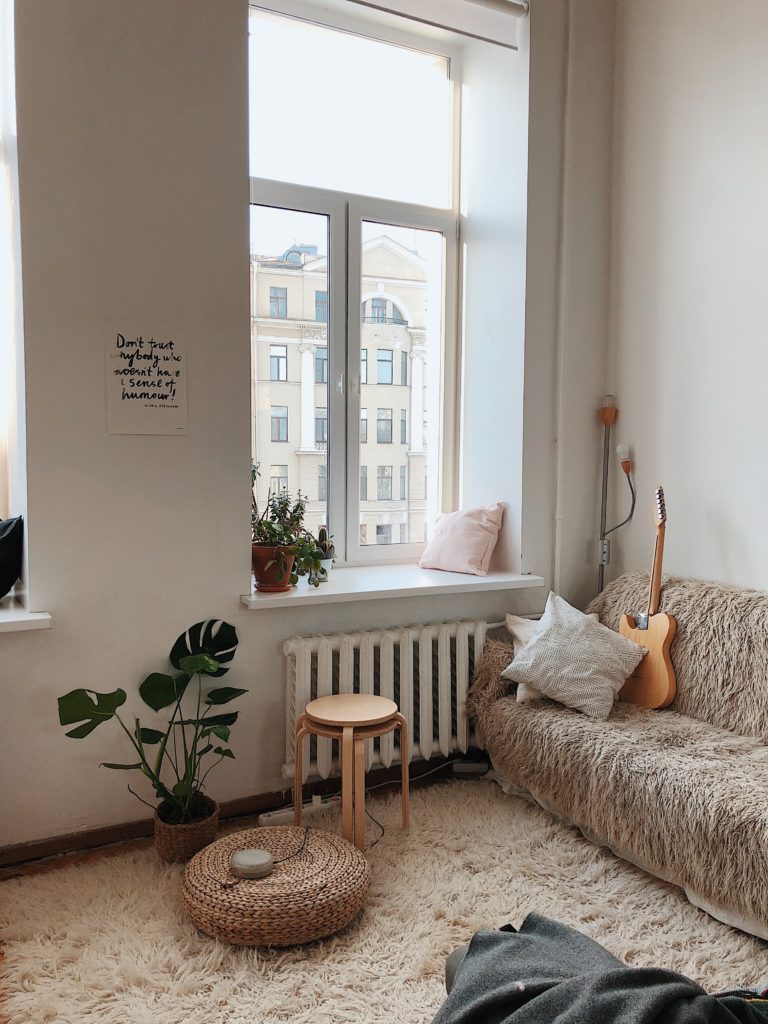It’s March, so that means it’s the month of National Bed Day and National Sleep Day.
This is the perfect time to ask yourself: “Am I waking up refreshed?” and, “If not, why not?”.
We all know that a good night’s sleep is vital to our mental and physical health, and really boosts our quality of life. Indeed, research has shown that most adults need around eight hours’ sleep a night to feel fully rested.
But did you know that as well as ensuring you are awake and alert, good sleep can help repair your blood vessels and heart, help maintain a healthy weight and control your sugar levels and help keep your hormones balanced?
It also makes your brain work as well as it can, supports you in remembering things, solving problems and making decisions. Lastly, it performs a valuable role in protecting you against mood swings, depression and stress.
If you get fewer than six hours’ sleep on just one night it will prevent you from thinking clearly the next day. It’s clear that if you suffer from chronic sleep deprivation then your mental and physical health will not be at optimum strength, so it’s important to take steps to prioritise your sleep.
“Kostas has been instrumental in helping me and my family to minimise electromagnetic exposure at home and to overcome geopathic stress. He has been in my home taking various measures and based on them suggesting specific action steps. After the application of his suggestions, all of us sleep much better and stress levels have decreased.” – Vasileios Chantziaras, Performance coach
Have you tried all these steps to sleep better?
- Before you go to sleep, make sure that your bedroom is totally dark. You can use a blackout blind or curtains or can even use an eye This helps with the production of melatonin which reduces inflammation and supports immunity.
- Check to see that the temperature in your room is cool. The usual recommendation is between 16-18° C (60-65° F). If you’re too hot or cold you won’t sleep well. Leaving the window slightly open during the night is a good idea to regulate temperature and breath fresh air.
- Artificial light disrupts your hormones and sleep. When it’s time to go to sleep make sure you can’t see any LED displays and try to have at least an hour without your phone before you go to sleep
- Caffeine/coffee, especially from 14:00 onwards, can be overstimulating and keep you awake when you’d rather be asleep.
- Alcohol, eating late at night and medication side effects can affect your slee
- Getting natural light in the morning is vital to helping you sleep later in the day. Try and get at least 10 – 15 minutes of morning sunlight, with 30 – 60 minutes in the middle of the day.
If you’ve tried all the steps above and you’re still struggling to get enough sleep and feel rested, it may be that electropollution or geopathic stress are damaging your sleep.
What are geopathic stress and electropollution?
Geopathic stress rests on the idea that the Earth gives off a certain energy vibration that’s disrupted by underground features. Electropollution means the introduction of toxic electrical frequencies into our environment which may have an effect on our bodies.
As the World  Health Organisation says, “Electromagnetic fields (EMF) of all frequencies represent one of the most common and fastest growing environmental influences, about which anxiety and speculation are spreading. All populations are now exposed to varying degrees of EMF, and the levels will continue to increase as technology advances.”
Health Organisation says, “Electromagnetic fields (EMF) of all frequencies represent one of the most common and fastest growing environmental influences, about which anxiety and speculation are spreading. All populations are now exposed to varying degrees of EMF, and the levels will continue to increase as technology advances.”
These days we know that GMS mobile masts, pylons, UMTS masts, Wi-Fi, local substations and broadband are all around us. Spending a lot of time with this equipment in and near your home means the weak electromagnetic fields can put stress on your body which can affect your general wellness levels and sleep.
Are you experiencing any of these issues?
- Do you have regular health issues including headaches, aches and pains or tiredness?

- Are there lots of emotional problems in your household?
- Do you have frequent insomnia, mood swings, low energy or depression?
If so, you could benefit from our Healthy Home Survey which will help you restore the balance between nature, your home and yourself.
“I feel less tired… not sure if it is the sleep or the harmony in the flat, but I hope it stays like this. Thanks, once again.” – Nola B
Did you find this article useful?
Adhere to these suggestions and you’ll be able to sleep better and minimise the effects of electropollution and geopathic stress in your home.
If you found this article useful and would like to find out how to incorporate some of the advice in your daily life, you can book a free 20 minute telephone consultation on this link.









